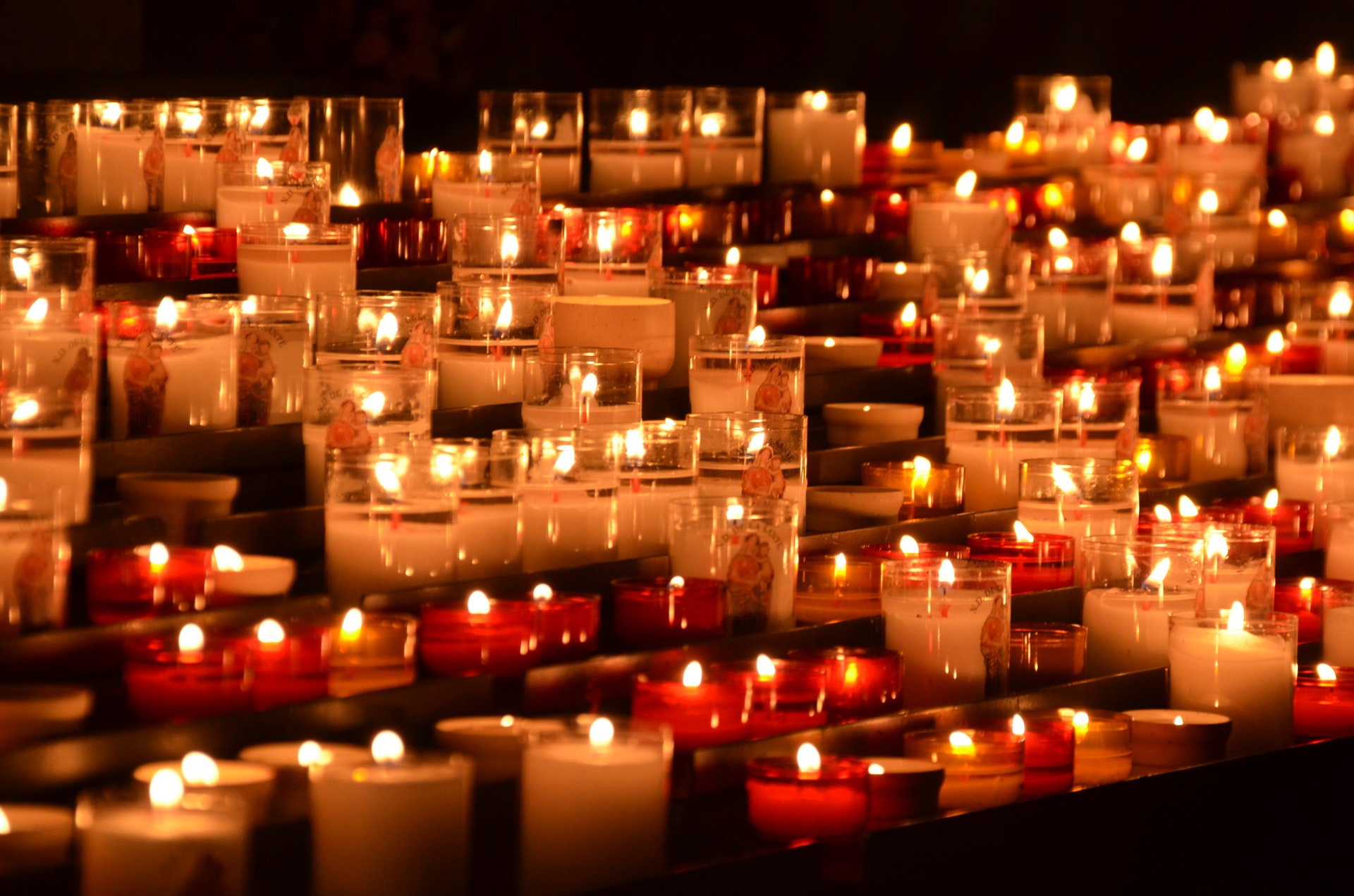Reflections on the Death of Michael Stone, a Beloved Meditation Teacher
/Christina Barber-Addis, Psy.D.
I didn’t know Michael Stone personally. Nor had I ever been in his physical or cyber presence through teachings or classes. I had only known of him from a few audio meditations that I had found on my favorite meditation app. When I heard the first meditation, I was immediately hooked. I was struck by his clarity of voice, his impeccable pacing and uncanny ability to cut right to the chase. He had a way of teaching each part of the meditation in such a way that was mind-altering. I remember after that first meditation thinking, Whoa. This guy really knows what he is doing and has lived the meditation experience. He would say things like, Let your legs experience themselves. What the heck does that mean?? He was essentially instructing to feel the sensations of the legs without thinking about the legs. But, who would think to describe it like that? Again, mind blown! By describing it in this way, it helped me to understand meditation on a deeper level. I knew I wanted to learn more from him. I quickly learned that he was a well-known meditation teacher and devoted student of Buddhism who converted an old garage into a meditation gathering place in Toronto, Canada. He had an ever-growing following of students all over the world who flocked to take classes from him in person an on-line. He was a passionate activist, writing and speaking about social, environmental and economic challenges in our world.
What I didn’t know about Michael, and what I learned just after his death, was that he suffered with severe Bipolar Disorder. At one time in his illness he thought that if only he could deepen his meditation and spiritual practice, perhaps it would bring him relief from his symptoms. He is not alone in thinking this. Many in the meditation community think that if you meditate enough and deepen your practice enough, it can heal anything. This is of course a trap, and an understandable one, as meditation can have far-reaching benefits for people with a regular practice. However, those of us in the psychological and psychiatric community know that for people with mental disorders, it is often about changes in brain chemistry. And although meditation and other healthy activities like yoga and exercise can cause significant changes in brain chemistry, and can help us cope with symptoms, it is not always enough. Bipolar Disorder, especially the more severe Bipolar 1 Disorder, usually needs medication in order to stabilize the intense mood swings between the sometimes seductively pleasant highs of mania and the often suicidal lows of depression. Many who have been diagnosed with Bipolar Disorder don’t want to remain on medication because it can dampen the creativity and productivity that can come with manic episodes.
Michael was receiving treatment and taking medication for his illness. However, it seemed that even this wasn’t enough to relieve his suffering. On the day of his death, he had a typical day full of errands in Victoria, Canada, near his home. He also tried to acquire a medication at an addictions pharmacy (like a methadone clinic) as he had heard that a low dose of opiates may be beneficial. He found that he was not a candidate for this treatment, so then acquired opiates on the street. He was found later that day, unresponsive, apparently having overdosed on a mixture of opiates that included the drug Fentanyl. He died a few days later after falling into a coma.
The news of Michael’s death stirred up so much within me. First, the wave of shock came. It felt close to home, being a part of Michael’s community, even never having met him. What followed the shock were many questions: How could this have happened? Why would he take opiates? How could he do this with a family and a baby on the way? I found my questions starting to have a slant of judgment, when truly I didn’t know this person or his suffering at all. And clearly he was suffering greatly to have taken such a risk.
I realized that what surfaced next for me was another kind of judgment. It was a sense of shock that someone so experienced in meditation, self-compassion and loving kindness could be also going through such intense turmoil. In some ways it mirrored the trap of believing that meditation can be a cure-all for mental distress and illness. In the meditation community and also in the therapy community, our teachers and therapists are often idolized. We have a tendency to put them on a pedestal, somehow believing them to be all-knowing and having surpassed all of the obstacles that we still face. I found in my grief over Michael Stone’s death that I had done the same with him. I had created a story in my mind of him having risen above our earthly difficulties, perhaps finding enlightenment after years of practice. It is such a humbling reminder that we are all just human beings trying to find our way through our suffering. We are all just trying to breathe through it all, moment to moment.
Even though I will never meet Michael Stone or have the honor of learning from him in his presence, I have learned so much from his final days on earth. I have been touched by his devotion to cultivating a culture of compassion and wisdom amidst his own personal struggles. Michael, may you be free from suffering. May we all be free from suffering.
If you’d like to learn more about Michael Stone and his teachings,
visit his website at : https://michaelstoneteaching.com/
Dr. Christina Barber-Addis is the founder of New Awakenings Therapy and is a mindfulness-based, licensed psychologist in private practice in Woodland Hills, California. She specializes in treating adults with anxiety by incorporating mindfulness meditation into her therapy practice.


